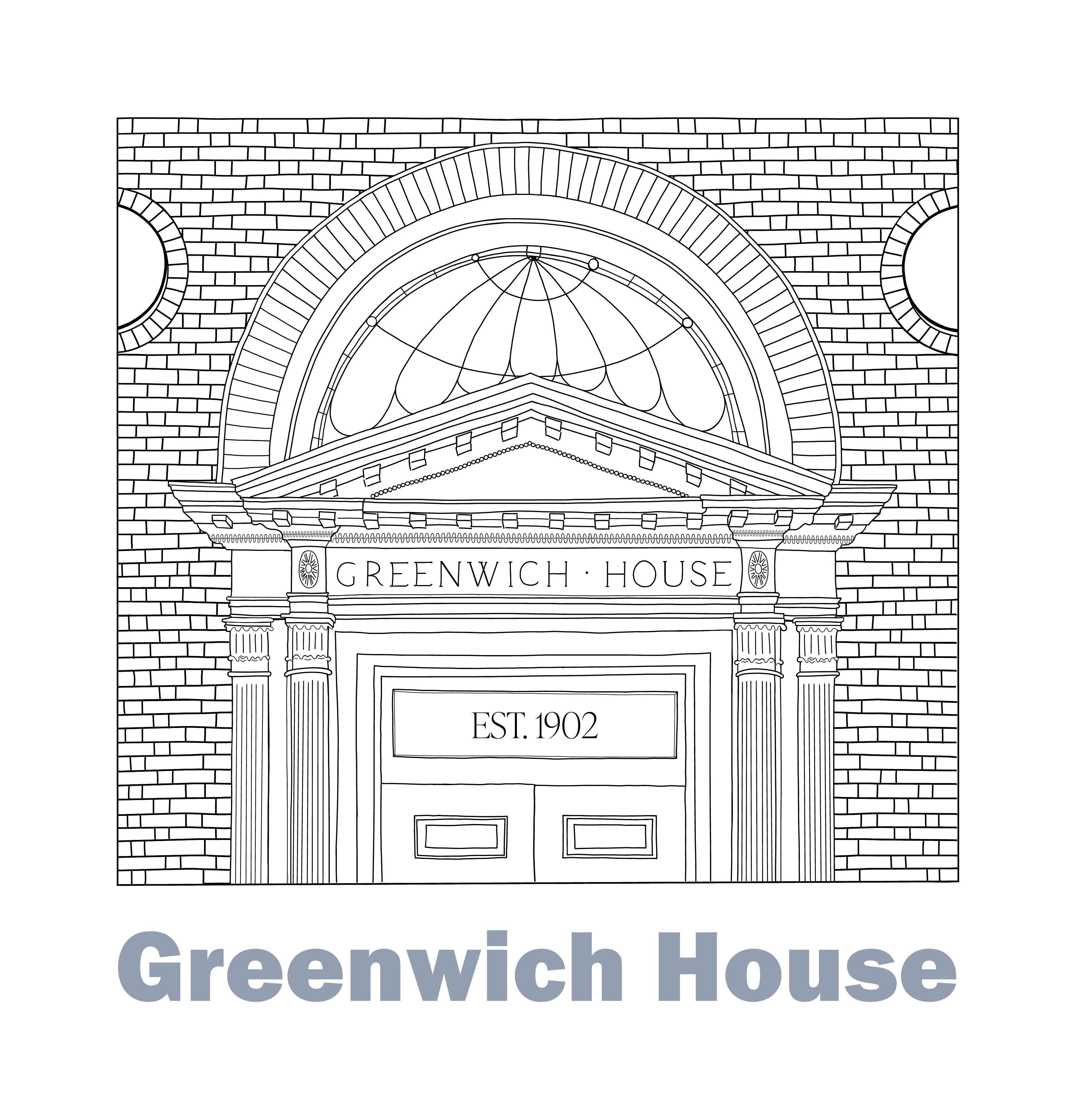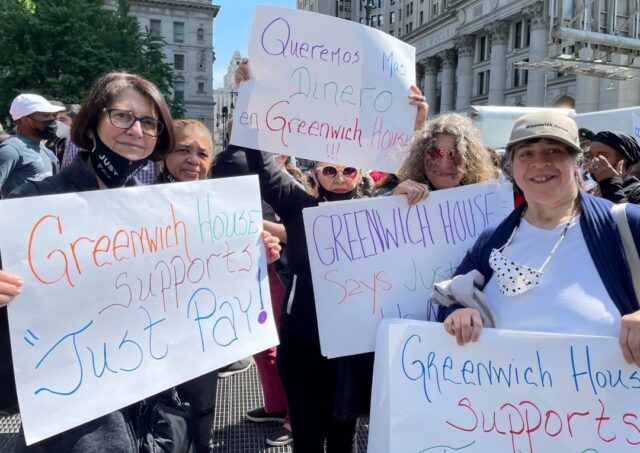The City Must Make Key Investments in the Human Service Sector
The City is expected to finalize the budget soon, and Greenwich House is hopeful that key investments will be made to support our sector and our communities to address needs in the wake of the pandemic – and to ensure New Yorkers can thrive in the years ahead.
Like many of our colleagues in the human service sector, Greenwich House is a strong advocate for the #JustPay campaign, which demands an end to government-sanctioned poverty wages for human services workers. In fact, Greenwich House staff members proudly showed up on the steps of City Hall on several occasions this spring to call for #JustPay.
Government contracts with human services providers have left this workforce underpaid for years. These workers—72% of whom are women, and 70% of whom are people of color—kept New York City afloat throughout the pandemic. Low wages not only make it difficult for nonprofit workers to cover their basic needs like food and housing but also make it impossible to build long-term financial security, which perpetuates racial and gender wealth gaps.
In order to truly address the sector crisis, we need a 5.4% COLA, a 21-dollar-per-hour salary floor, and a wage schedule for human services workers. It is essential for human services providers to have sustainable funding to meet the needs of our communities, while also having sufficient wages for our workers.
Without an inclusive COLA, nonprofits like us will struggle to recruit and retain our staff and provide key services, including those for older adults. Greenwich House operates five Older Adult Centers, and this work would not be possible without the tireless dedication of human service professionals.
Despite older adults representing the fastest-growing age group in New York, the Department for the Aging (DFTA) budget makes up less than half of a percent of the overall budget, which puts a strain on the future of aging services.
$40.5 million to grow DFTA’s Community Care Initiative, including $7.5 million to expand access to virtual programs and technology; $5 million to support continued growth in demand for case management; and $28 million for home care, would go a long way towards supporting older adults’ ability to age in place.
The need for mental health care for older adults is also great. A 2022 report from the Commonwealth Fund shows seniors in the United States are far likelier to report receiving a mental health diagnosis—and to have problems getting needed care—than older adults in 10 other high-income countries. The loss and isolation of the pandemic have only exacerbated these needs. The City should invest $8.7 million to expand DFTA’s Geriatric Mental Health program, which provides crucial mental health support to older adults in New York City.
Greenwich House has shown up to meet the evolving needs of our community for the past 120 years. These investments from the City – especially to support human service workers and vulnerable groups like older adults – would help us continue to do so in the years ahead.

